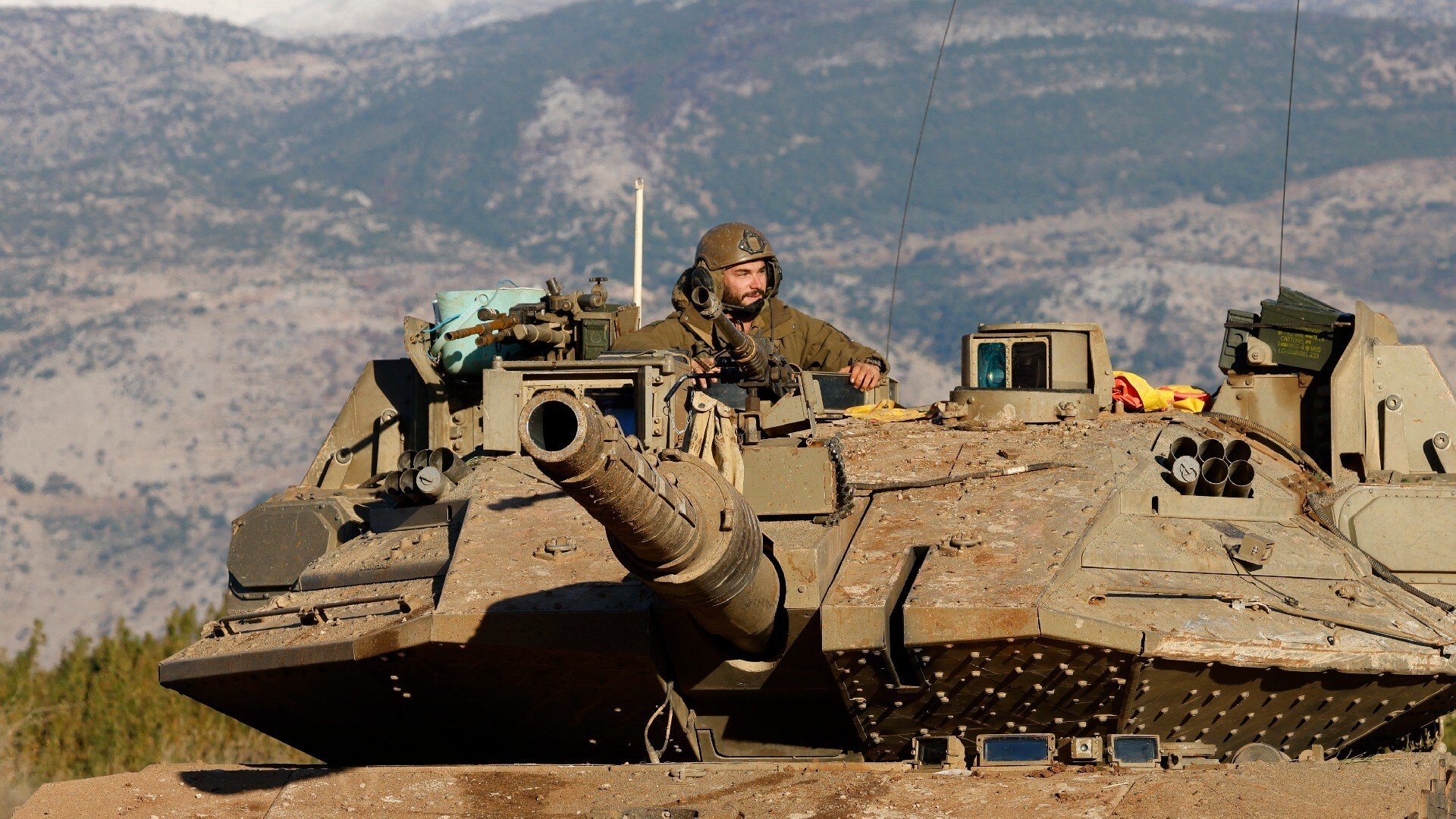Benny Gantz, the opposition leader who quit Israel’s war cabinet in June, posted on X: “A good agreement will bring the residents of the north home - a ‘ceasefire’ will bring Hezbollah back.”
In Gantz’s view, Israel should be allowed complete freedom to act in Lebanon. He wants an arms embargo on the country, with an exception for the Lebanese army, and villages along the border to be demilitarised.
“You can’t talk in terms of a ‘temporary ceasefire’. The withdrawal of forces now, and the dynamic that will be created, will make it difficult for us and will make it easier for Hezbollah to regroup,” Gantz said.
Gantz’s position has been echoed across the Israeli political spectrum. Israeli newspaper Maariv spoke with several heads of local municipalities in the north who said they opposed striking an agreement with Hezbollah.
“The possibility for a ceasefire with Hezbollah has been received with a great amount of suspicion, hostility and objection by the Israeli public, including residents in the north, in the media, and politicians from the ruling coalition and the opposition as well,” Orly Noy, Israeli writer and chairwoman of B’Tselem, Israel’s largest human rights organisation, told Middle East Eye.
Noy said that for over a year, the Israel government has been promising a so-called “ultimate victory” in Gaza and then in Lebanon.



Maybe they shouldn’t
fire rocketsdrop bombs at Palestinians if they didn’t want rockets to be fired at them.They don’t.
They drop bombs from aircraft.
Yes, exactly. The constant back and forth and escalation is how we get a lot of people killed.
Moderates might oppose a cease fire if they thought Hezbollah would simply use the time to regroup and then start up hostilities again.